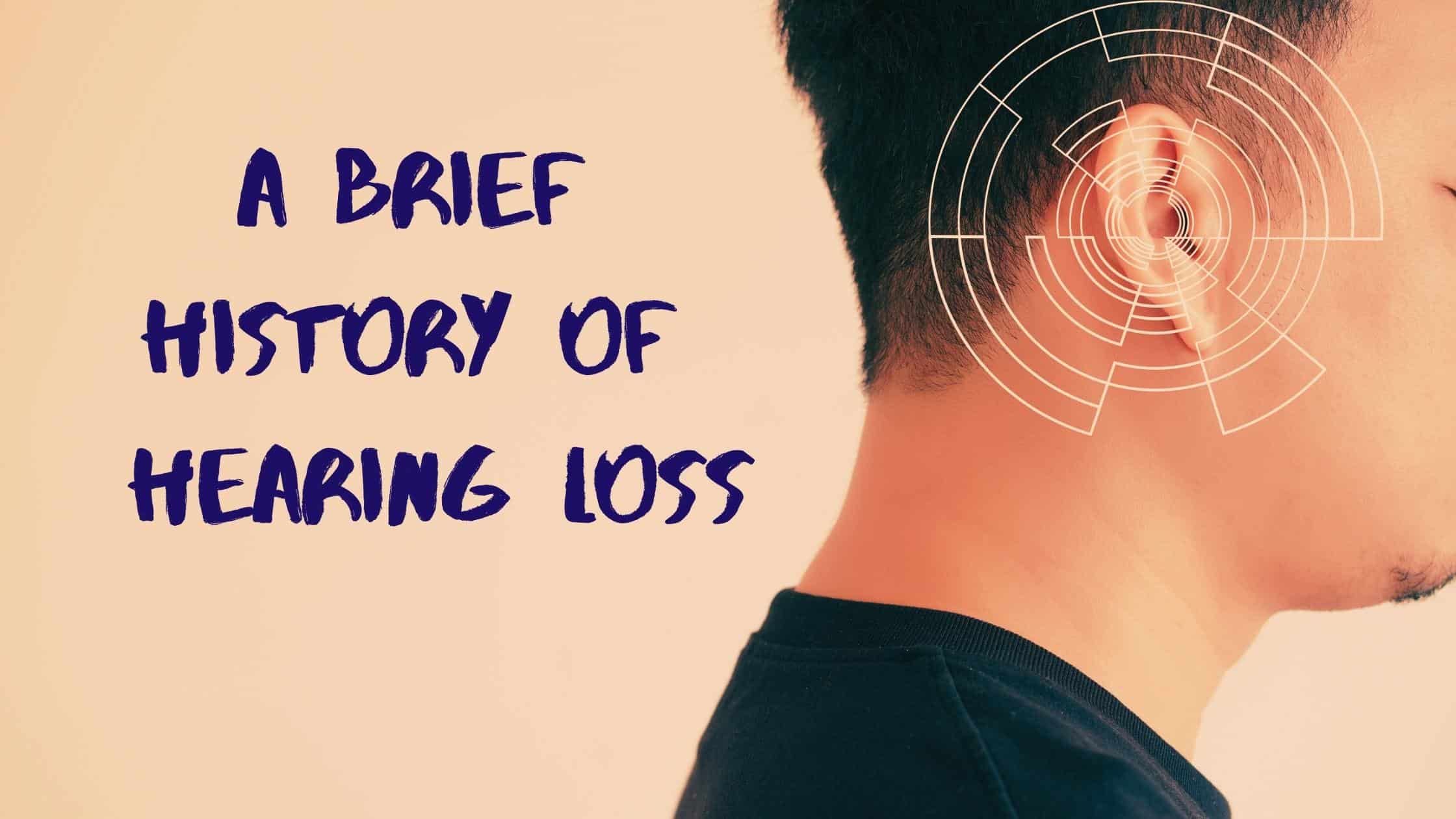
An estimated 48 million people in the U.S. have some degree of hearing loss. This is nearly 1 in 5 people, making hearing loss the third most common, chronic, medical condition that people experience today. Though hearing loss is pervasive, it is often undertreated. Hearing loss usually happens gradually so it can take some time for people to notice changes to their hearing health. Also contributing to the delay in treatment are common misconceptions that people have about hearing loss, including that it is not a serious condition. Hearing loss is a permanent condition that reduces one’s ability to absorb and process noise which impacts daily life.
Fortunately, seeking treatment is relatively simple and starts with scheduling an appointment with a hearing healthcare provider for a hearing test. With advancements in medicine, technology, and knowledge; there is a wide range of resources available to understand, diagnose, and treat hearing loss. This has developed over time and was not always accessible for people experiencing hearing loss which has been around since the beginnings of time!
Early Evidence of Hearing Loss
Earliest skeletal evidence pointing to hearing loss dates back to over 10,000 years ago. Archeologists discovered skeletons that showed evidence of tiny bone growths in the ear canal which likely caused problems with hearing. These growths, or exostoses, can impair hearing by obstructing sound from being fully absorbed and processed by the ears. In addition to this archaeological evidence, there are other pieces of history that highlight the existence of hearing loss. This includes:
- Ancient Egypt: the first text that mentions hearing loss is the Ebers Papyrus. This ancient Egyptian text dates back to 1550 BC and consists of remedies for common health conditions. The text contains a recipe to treat “Ears that Hear Badly”, pointing to hearing impairments. This remedy consisted of ingredients like olive oil, bat wings, and ant eggs!
- Ancient Greece: early writings by Aristotle and Plato mention people who are deaf and/or unable to speak. Their writings connect intelligence to ability to speak, highlighting the ableist perceptions that were common during that time.
In addition to these historical references, the first documented deaf school was created in the mid-1500s in Spain. Created for students who were deaf or had severe forms of hearing loss, this school also practiced and taught sign language.
Evolution of Hearing Aids
Hearing aids are the most common treatment for hearing loss. Today, these devices are savvy pieces of technology that can transform hearing health. There is a wide range of options with various features and styles that are designed to integrate the device into daily life. The hearing aid industry has experienced significant innovations over the years that have produced incredible hearing aids, a device that dates back to at least the 1600s! The earliest record of a hearing aid instrument is from the 1610s with the development of ear trumpets. A horn-like trumpet, these were used to amplify sound but were not commonly used until the early 19th century.
The invention of the telephone in the late 1800s completely revolutionized the hearing aid industry. The same technology used to create the telephone, was used to produce the first electronic hearing aid in 1898. It used a carbon transmitter to create a hearing device that was not portable. These hearing aids started being mass produced in 1913 and by 1920, the first portable hearing aid was made! As technology has advanced over the past several decades, hearing aids have also adapted and evolved. Current hearing aids now feature bluetooth technology which allows the device to wirelessly connect with other devices, voice recognition settings, background noise elimination and numerous other advanced settings! Additionally, they come in sleek designs, different colors, a range of styles etc.
Treating Hearing Loss
The history of hearing loss reveals the incredible evolution of diagnosing and treating this condition. Treatment is now more accessible than ever. You can take the first step to prioritize your hearing health by scheduling a hearing test. This will assess your hearing needs and provide treatment options to meet those needs. Fortunately, we have greater access to the resources and knowledge to effectively treat hearing loss. This allows people to navigate daily life with greater ease!
